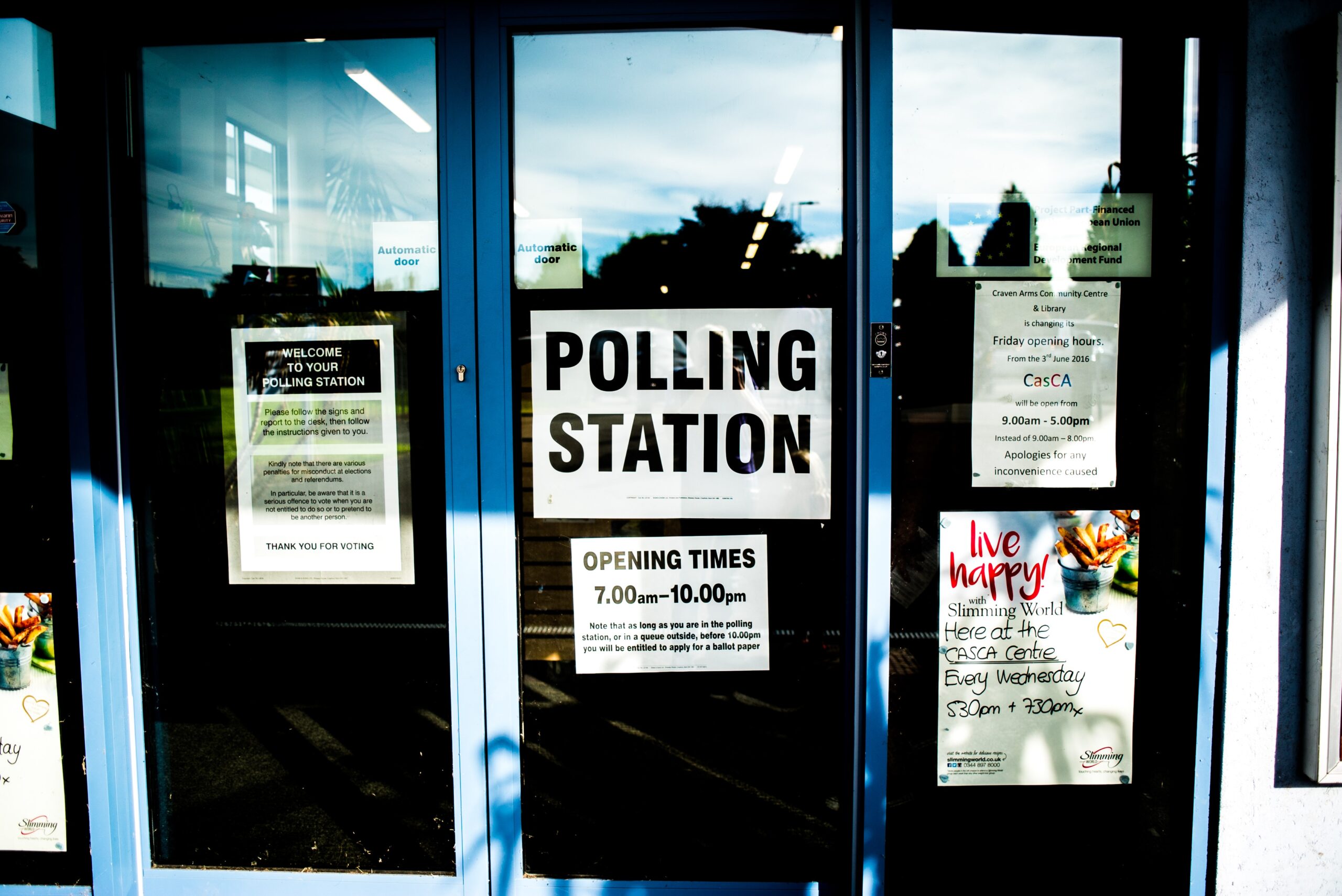In the wake of recent elections that oversaw anti-establishment movements, like the Trump campaign, researchers have been trying to get a better sense as to the behaviors and motives of these voters. In the Netherlands, a group of social psychologists studied voter behavior of a European Union (EU) treaty and found an association between knowledge overclaiming and anti-establishment backing.
Jan-Willem van Prooijen and Andre Krouwel, co-authors of the study, analyzed voter knowledge and behavior on and after April 6, 2016, as part of a Dutch election either advocating or opposing an EU treaty. The treaty outlined a decision on building stronger political and economic ties between the EU and Ukraine. 13,323 participants were emailed a questionnaire to fill out based on their understanding of the treaty and political stance six weeks before the referendum.
After the election, participants were given more questions to answer on who voted in the referendum and their political stance. In the group were 5,568 voters and 2,044 non-voters.
Researchers found for each measurement point of self-perceived understanding, participants were 1.62 times more likely to vote in favor of anti-establishment. Anti-establishment voting was less likely by 0.85 per measurement point in participants with increased knowledge of societal issues.
According to Jan-Willem van Prooijen and Andre Krouwel, oppositional views toward the establishment are a cognitively easy way in perceiving today’s societal issues, a characterization observed in both political spectrums, but more in the far right.
“Politicians and citizens with strong anti-establishment views, including populist movements, often articulate their views with high confidence,” van Prooijen suggests.
“The study does not show that anti-establishment voters are somehow less intelligent, or less concerned with society. Future research may reveal whether the discrepancy between self-perceived understanding and actual knowledge is due to being uninformed or due to being misinformed.”
The study, titled “Overclaiming Knowledge Predicts Anti-establishment Voting,” was published in Social Psychological and Personality Science.


